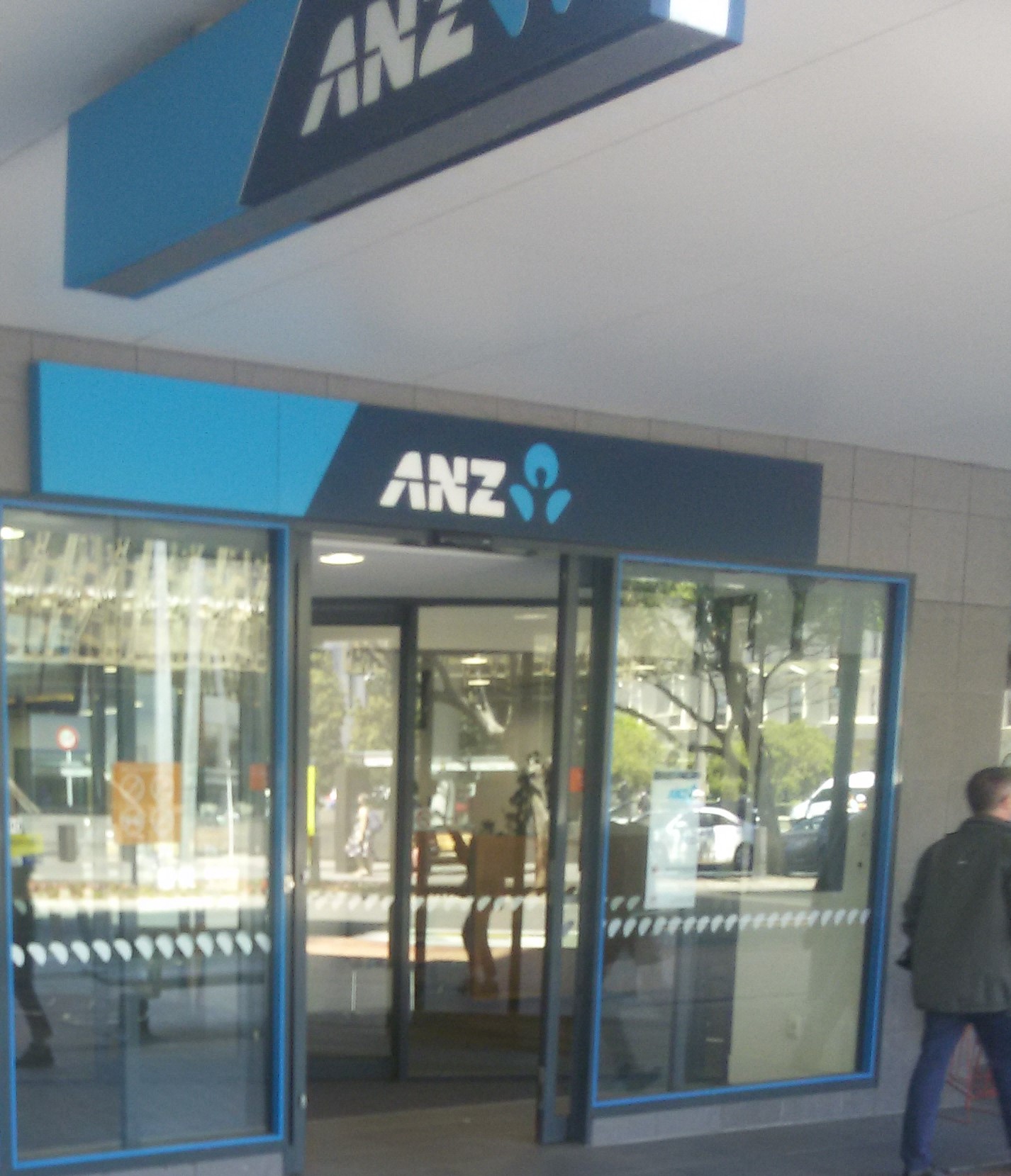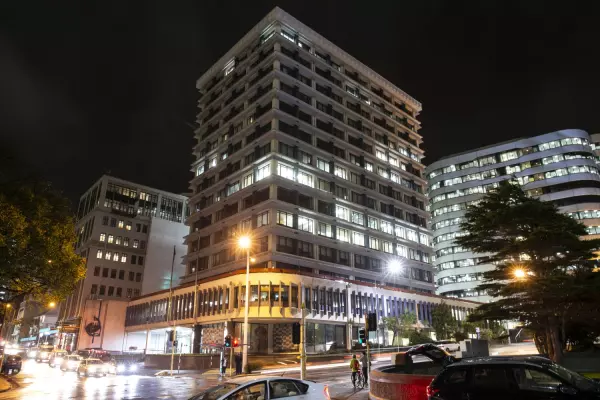Demand high as Treasury fine-tunes business loan guarantee scheme

First-day demand suggests the government's yet-to-be finalised $6.25 billion business loan guarantee scheme will be "highly utilised," ANZ Bank said.
The government announced the business scheme before every aspect could be nailed down so that banks could start money flowing to distressed businesses.
"The final detail is being worked through with a particular focus on establishing the framework for data provision. This work is being conducted at pace," Treasury told BusinessDesk yesterday.
That's evidence of policy making on the fly as the government tries to deal with the myriad problems thrown up by the coronavirus crisis and national shutdown and the consequent economic crisis.
The scheme will be implemented by nine banks, ANZ Bank, ASB Bank, Bank of New Zealand, Heartland Bank, HSBC, Kiwibank, SBS Bank, TSB Bank and Westpac.
The big four banks, ANZ, ASB, BNZ and Westpac, account for about 88 percent of the country's banking system.
Under the scheme, businesses with turnover between $250,000 and $80 million can apply for up to three-year $500,000 loans and the government will guarantee 80 percent of each loan.
Treasury said all banks are eligible to join the scheme. "Individual banks will decide whether it is appropriate to join the scheme, given its customer base and their needs."
The government's lead adviser on economic and financial policy won't say how much money each bank has been allocated under the scheme because that "is commercially sensitive," but it was "based on their relative market shares in the SME – small-to-medium-sized businesses – sector provided by the Reserve Bank.
"This was deemed to be a fair, equitable and reliable mechanism to allocate the amount."
RBNZ does publish how much each bank lends to business generally. ANZ has the largest market share with a $29.21 billion business loan book at Dec. 31, followed by BNZ with $27.42 billion, Westpac with $19.28 billion and ASB with $17.68 billion.
Kiwibank has a $2.08 billion business loan book – it only lends to SMEs and Heartland has $1.33 billion. The smaller banks' books are considerably smaller.
It is notable that the Industrial and Commercial Bank of China, which has a business loan book of $1.19 billion hasn't applied to join the scheme.
Treasury said it doesn't know if banks will be able to lend their full allocations and it won't be drawn on whether the scheme will be expanded.
"Ministers will make decisions on how the scheme may change over time," it said.
"At this point in time, we are not able to predict what the business customer demand for lending will be. However, this will be monitored over the coming weeks.
"The Treasury will have oversight of participating banks' compliance through a robust monitoring and reporting process."
ANZ said that, given the level of disruption and uncertainty for business, "based on initial interest in the scheme and the volume of support already being taken up by customers through ANZ's other relief measures, it's likely that the facility will be highly utilized."
The bank said it's unsure whether the government is likely to expand the facility but it will "continue our commitment to working with our customers and the government to understand how we best support New Zealand through these uncertain times."
ANZ, Westpac and Kiwibank have all said they intend to honour the spirit of the scheme by assessing a company's solvency on the basis of its past performance and future prospects, not on its financial position right now – all but essential businesses are closed as part of the national lockdown.
BNZ has struck a more cautious note but said the scheme provides it with greater certainty when lending to businesses.
ANZ said the impact of RBNZ's ban on banks paying dividends or conducting share buybacks during the crisis will have a minimal impact on it.
"ANZ retained 80 percent of its earnings in the NZ business in full-year 2019 and, in preparation for the RBNZ's increased capital requirements, was likely to have paid a minimal dividend for FY20," it said.
It noted its total capital of $13.4 billion at Dec. 31 was 13.6 percent of risk-weighted assets.
That's well above the regulated minimum capital of 10.5 percent of risk-weighted assets. RBNZ has delayed the start of its new capital requirements for at least a year until July 1, 2021 because of the coronavirus crisis.
The ban also extends to quasi equity counted as capital and that means ANZ won't be able to redeem $500 million in capital notes that mature on May 25.
ANZ said it will continue to pay interest on the notes and noted their terms mean they could be converted to equity in either May this year or in May 2022, subject to certain conditions.
The other banks acknowledged the RBNZ decision to ban dividends and buybacks.
Commonwealth Bank of Australia, which owns ASB, said it is "well-placed to absorb the suspension of ASB dividends" while National Australia Bank, which owns BNZ, said the ban would have a minimal impact on its capital position.
Westpac in Australia said the ban only impacts its tier 1 equity capital while the New Zealand arm said "we continue to engage constructively with the government and regulators in regards to policy changes that have arisen as a result of covid-19."
Comments














